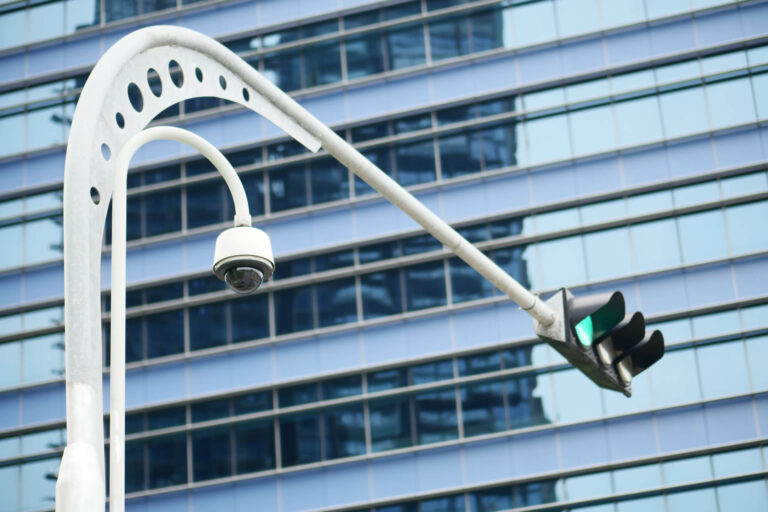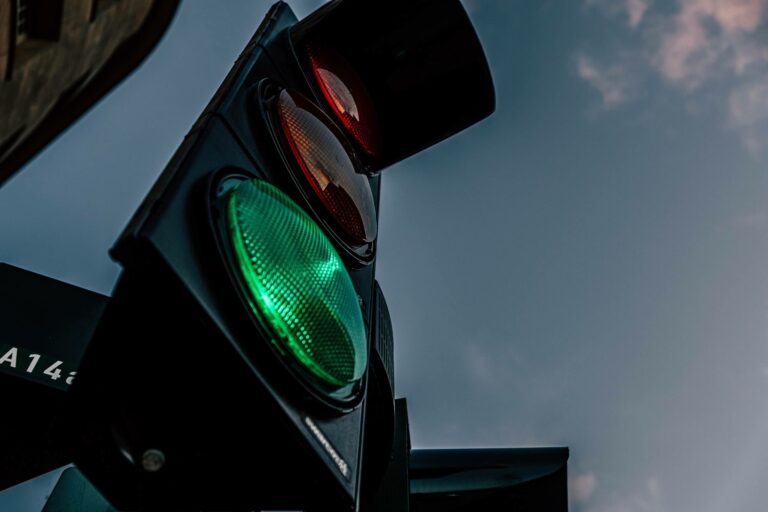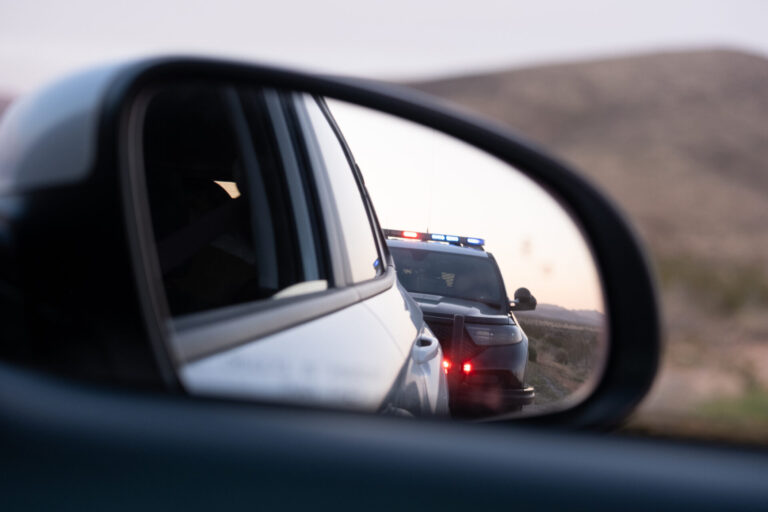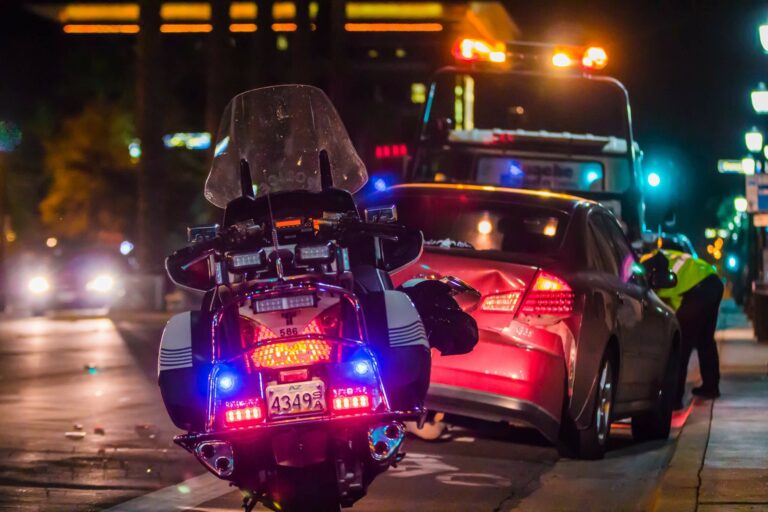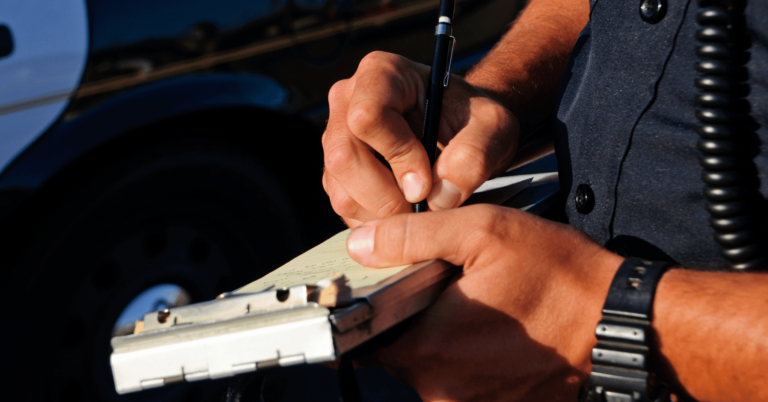Getting Traffic Tickets, How Bad Is It?
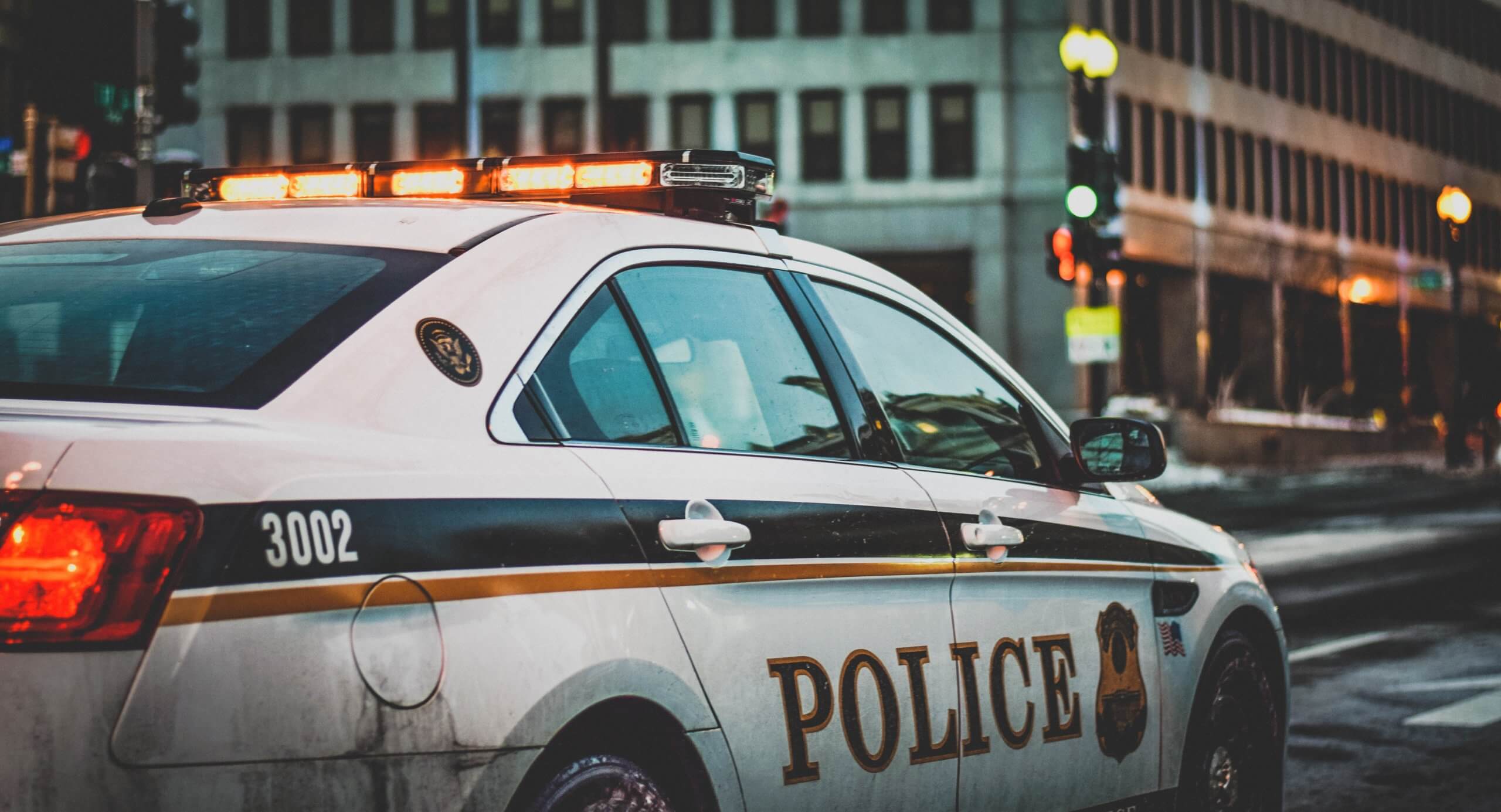
It’s 8 AM, you woke up, and then you realized that you are already late for work. You start to panic. You jumped off from bed, changed your clothes, and rushed off to your car. Furthermore, you began to drive as quickly as possible to work. You picked up your pace along the highway, and suddenly you realized flashing lights in your mirror. You wish it wasn’t for you, but unfortunately, it is. The police were tailing you because you were driving aggressively. You pulled over to the side, an officer walked to your car, and you heard one of the most famous lines, “Do you know how fast you were driving, sir?” and these are several ways you can answer:
- Apologize and say, “Sorry, officer, it won’t happen again.
- Make excuses.
- Joke about the situation and hope he laughs and forgets about the ticket.
Regardless of what your choices could be, the officer will ask for your:
- Driver’s license.
- Insurance policy.
- Proof of vehicle ownership.
- Possibly ask you to step outside your vehicle.
And more likely, this can end in these possible ways:
- The officer lets you off with a warning.
- Get a traffic ticket.
- Get arrested (worst-case scenario because you were not cooperating).
Getting a Traffic Ticket
In most instances, these are issued for violation of traffic laws. Here are the types of Traffic tickets.
- Parking Tickets
A parking ticket shows how much you should pay to the city where the violation took place. The longer you wait to pay for your ticket, the more you may have to pay. You should read your ticket carefully to see when your fine will increase. Failure to pay the parking ticket can cause you to get arrested, prison time, hefty fines, difficulties to renew your car’s registration, and even get a suspended or revoked driver’s license.
If you think you don’t deserve the ticket, contact the parking agency listed and ask them what to do.
- Infraction Traffic Tickets
Infraction traffic tickets are usually non-dangerous moving violations or mechanical violations. The most usual infraction traffic tickets are “running a red light” and “speeding”. Speeding tickets are given when you go over the speed limit and usually on or near school zones, construction zones, freeways, or highways. Running red light tickets are given when you should have stopped at a red traffic light.
And usually, the officers will ask for:
- Proof of your car’s insurance or insurance policy.
- Proof of vehicle ownership.
- Driver’s license.
Failure to have the proof of your car’s insurance will have another infraction ticket for “driving without proof of insurance.”
Also, when the owner of the car is not present, expected from a borrowed car. The owner will be charged with an infraction, and an “owner responsibility” ticket is mailed to the owner’s address.
Mechanical Violations can happen when the car has broken equipment, like a broken headlight. The officer will give you a “fix-it” ticket for a “correctable violation”.
Some comment “fix-it” ticket or a “correctable violations” are:
- Equipment violations — driving with a broken headlight or taillight.
- Driver’s license violations — driver’s license has expired or was not present when requested by the officer.
- Car registration violations — Car registration has expired or was not present when requested by the officer.
- Insurance violations — Proof of insurance was not present when requested by the officer.
- Misdemeanor Traffic Tickets
Misdemeanor traffic tickets are for more serious crimes. The usual is reckless driving, driving under the influence of alcohol or drugs, and hit and runs.
Also, it will be up to the judgment of the court whether it will be considered a traffic misdemeanor or just a simple violation. Some can even be considered a traffic misdemeanor even though it does not involve a moving vehicle’s operation like obstructing traffic with one’s vehicle or playing one’s car radio too loudly.
Signing of ticket
The best-case scenario is when the officer will let you off with a warning, but the officer will more likely write you a ticket. For such violations, he will also ask you to sign the ticket. Signing the ticket does not mean an admission of guilt but a promise to appear in court in person. Refusing to sign the ticket will force the officer to take you into custody and present you in court.
What to do after Getting the Traffic Ticket?
After getting a traffic ticket, you should act on it before the due date. Some traffic tickets do not require a court appearance unless you want to fight the ticket. But for other serious violations like speeding or reckless driving, you are required to appear in court.
Failure to appear in court may result in the suspension of your license or other fines. The court may even charge you with another misdemeanor or infraction and even issue a warrant for your arrest.
You can appear at court on the date on the ticket or contact the court before the appearance date. You can request any of the following:
- Plead guilty and pay the fine.
Inform the court that you want to plead guilty, get informed about the fine amount, and discuss how you can pay the fine or ask the court to consider your ability to pay.
Pleading guilty and paying the fine can save you time but can also be expensive. When the court receives your payment, and if the offense does not require an appearance in court, your case will be closed. You can also contact the court to know the amount of your fine.
After you have paid your fine, the violation will show up as a conviction on your Department of Motor Vehicles (DMV) record. This can result to:
- Getting points on your driving record.
- Your car insurance company may ask you to pay more.
- Your car insurance company may cancel your policy.
Supposedly you are having financial difficulties and unable to pay the total amount. You may ask for consideration for your inability to pay when you appear in court. You can ask for a reduction in the amount for the conviction, request community service, or a payment plan.
- Request to go to traffic school.
Usually, when you get your first ticket, the court will allow you to go to traffic school. For other cases, the court will tell you if you are eligible to go to traffic school or what you need to do to go to traffic school.
An unofficial conviction will be added to your driving record after completing the course, but no points will not be added to your driving record.
Supposedly you are having financial difficulties and unable to pay the total amount. You may ask for consideration for your inability to pay when you appear in court. You can ask for a reduction in the fee for traffic school.
- Provide proof of correction.
Providing proof of corrections is for traffic tickets that are “correctable violations” or a “fix-it” ticket.
After getting the problem fixed, get an authorized person to sign the “Certificate of Correction” section of your traffic ticket. Show the proof of correction to the court and pay the dismissal fee before the deadline. The court will dismiss your case, and it will not be added to your driving record.
Check your ticket or ask the court if they will accept proof of corrections via mail. If they do, mail the signed ticket with proof of correction along with your dismissal fee to the court.
- Plead not guilty and ask for a trial.
You can plead “not guilty” or “no contest” and ask for a trial date. If you have evidence like pictures of unreadable signs or faded yellow lines in the road, you can contest the ticket in court. These are usually for minor cases, unlike some serious misdemeanor cases.
Depending on the circumstances of your ticket, in most cases, you should expect a court appearance if you decide to fight the ticket. It would be better to hire a lawyer to help you with serious misdemeanor cases. If you succeed and no points are added to your license, the ticket should not affect your insurance.
- Trial by written declaration
You can also ask the court to have your situation decided by trial by written declaration. This will require you to post the full bail amount. Trial by written declaration means that instead of appearing in court, you and the officer give the judge a statement and any evidence in writing.
Trial by written declaration is only eligible for:
- Infraction traffic violations only.
- Tickets that have not passed the due date.
- Tickets that do not require you to appear in court.
Don’t hesitate to contact Nick Parr Law to help you in cases like this.

